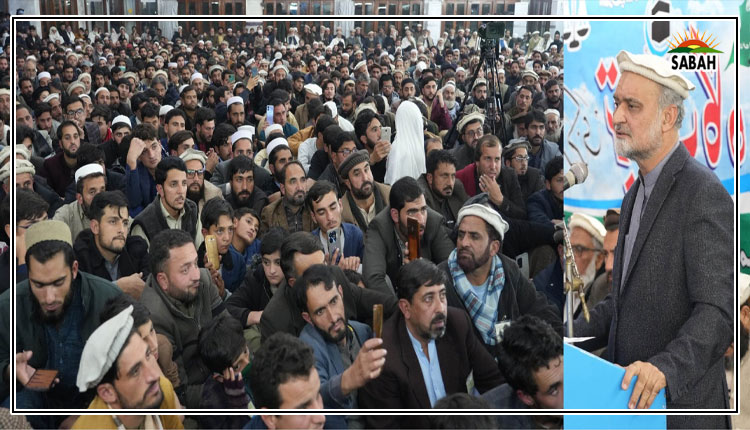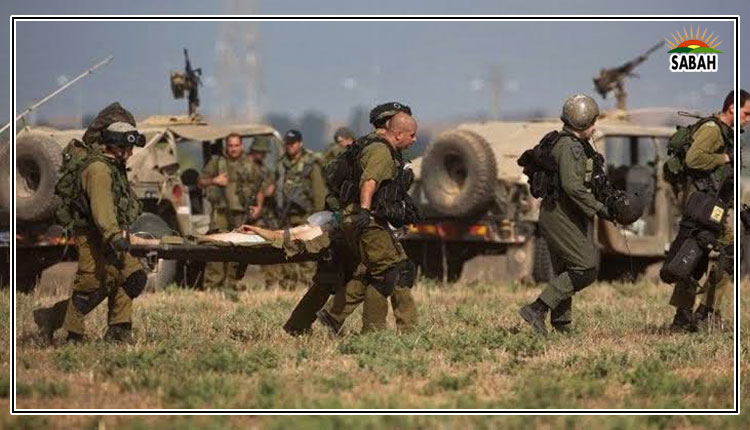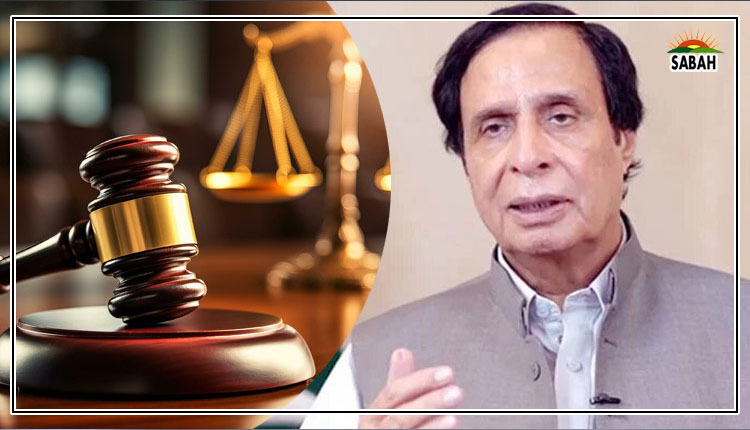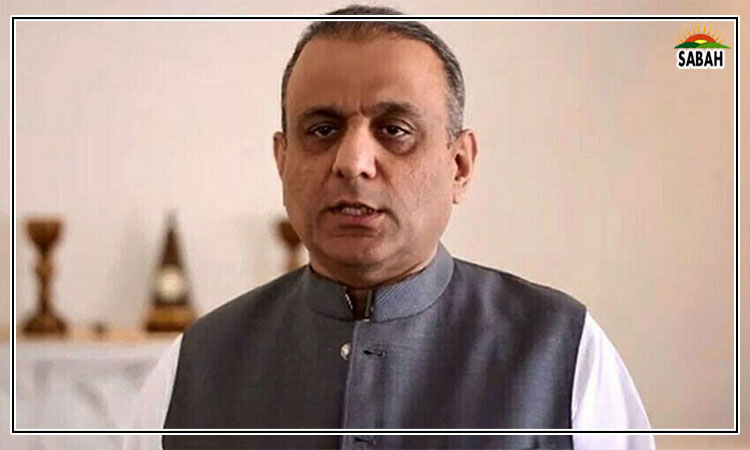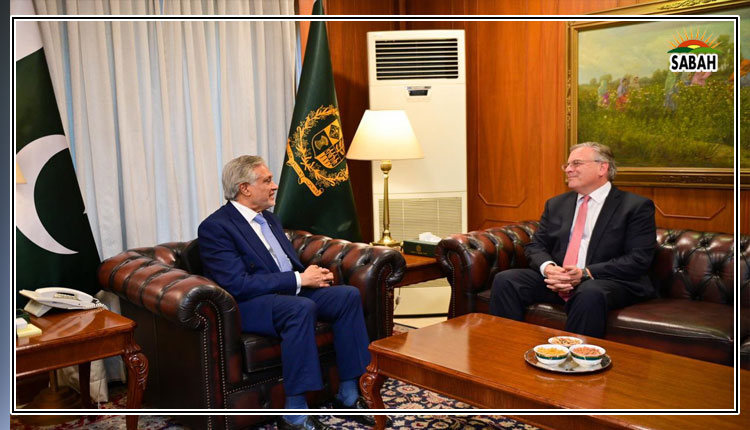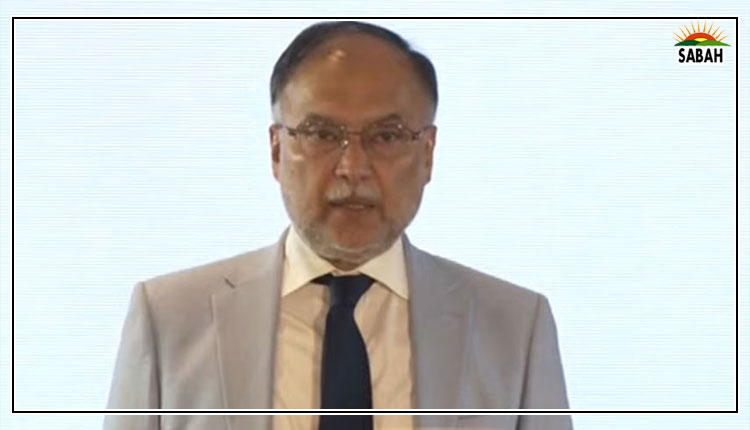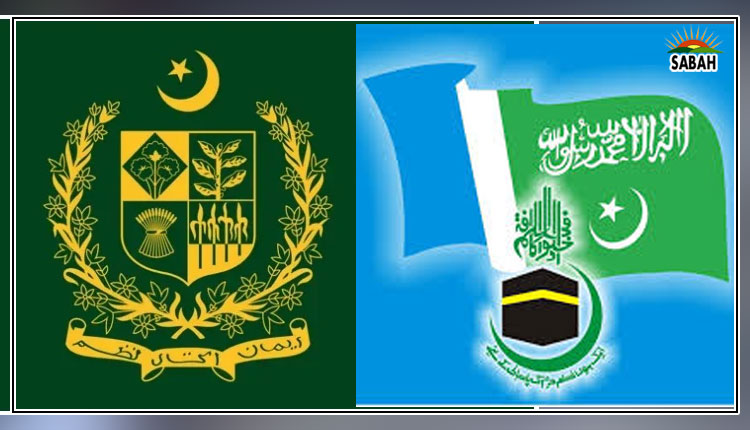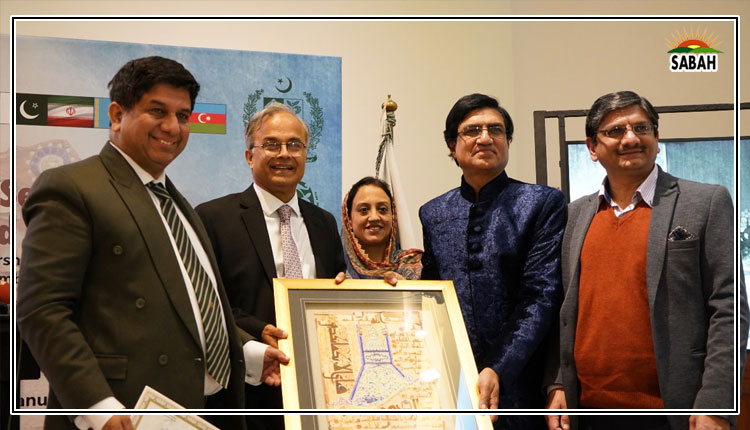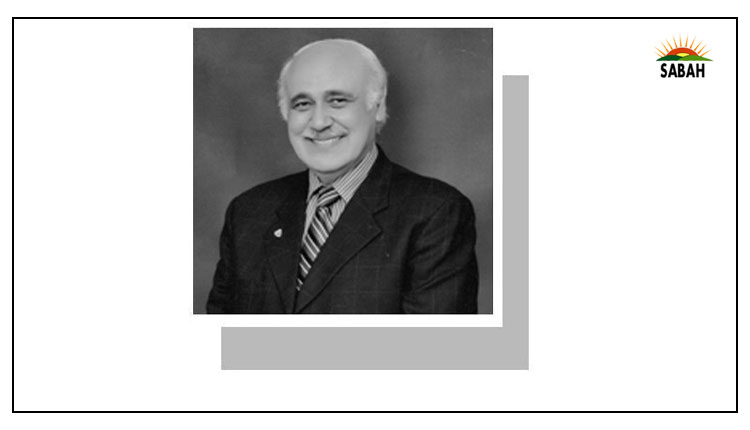Stifled ambitions…..F.S. Aijazuddin
MODERN Karachi is more than another city; it is another country with its own vibrant economy.
Avoid approaching it via the Lyari Expressway, no matter how persuasive your GPS is. It will take you longer to enter the city using that route than the time spent on the Super Highway driving from Hyderabad.
The Lyari river is now a shrivelled reminder of itself, a stinking rivulet flowing through an endless gorge flanked by matchbox-sized flats. Their narrow windows are blocked by clothes hung out to dry in the winter breeze. Their occupants struggle to survive in a Dickensian worst of times.
Once beyond the ICI flyover, one enters the world of the Karachis best of times the teeming eateries of Boating Basin, past the first Bilawal House, through the constriction of Zamzama to debouche into the gracious affluence of Defence Housing Authoritys borderless phases.
This entire area was once dry open flatland, inundated during the monsoons by waist-high tides. The grand houses on Cliftons rise would be temporarily marooned, accessible only by jeeps.
Who remembers the trams that ran on rigid tracks along the length of Bunder Road? Or the municipal trucks that washed it clean each day? Or the horse-drawn Victoria carriages that competed with cars on Karachis open planned streets?
Or the Hotel Metropole a cuboid epicentre of Karachis social life with its central garden where dinner functions demanded white tuxedos and bow ties?
For those who craved an authentic Western style dinner, there were the Hostellerie de France or KLMs Midway House or BOACs Speedbird House, all located opposite the Star Gate entrance to the airport. The drive there, one was warned, could be dangerous at night. Armed gunmen hid behind bushes in wait at the curved dip in the road, ready to rob the unwary.
Now, food in Karachi (as elsewhere in Pakistan) has become the new religion, with shrines to gastronomy on every street. The most popular are thronged by the faithful. Prior booking is essential, waiting for a table a test of faith. Karachis consumer society with its apparently insatiable appetite lives up to its name.
Victoria Road (now Abdullah Haroon Road) had graceful shops and the Paradise cinema, opposite which was an open-air restaurant. On Elphinstone (now Zaibunissa Street), the cavernous Ghulam Mohammad & Sons served as a prototype department store, offering everything from clothes and crockery to novelty ashtrays. Opposite it, on the first floor, was Turabs art studio, for those who could not afford a Chughtai. On display were water-colour portraits of ladies who, had they been real, might have made it to the silver screen.
Karachi, being the capital of the fledgling state of Pakistan, was populated thick with diplomats. The Vatican built its embassy on the highest point in Clifton, closer to God. The British chose to locate its high commission on a plot named Runnymede a reminder to the young government of that embryo of democracy the Magna Carta of 1215.
The Chinese chose a more mundane location on the junction of E.I. Lines and Drigh Road. Within its confines, its enterprising gardener managed (despite Karachis sea-blown climate) to grow mangoes in its garden. This precious harvest was sent to Chairman Mao Zedong in Beijing.
Travelling to Karachi by train from upcountry was the preferred option at the time. Today, Pakistan Railways would be hard pressed to run trains at all, when its reserve supply of fuel has been admitted to be less than a few days. It is a cruel indictment of our successive governments that in a country of comparatively level geography, the railways have been allowed to disintegrate.
We cannot traverse 1,000 kilometres over even ground. The Chinese run their Beijing-Lhasa train over 3,757 km, rising from Beijings elevation of 44 metres above sea level to Lhasas 3,656m without a cough.
Over the past 75 years, the Chinese have taught themselves that where there is a will, there is a way. Here in Pakistan, where there is a way, we invariably will select the wrong one.
Nothing supports this fear more sharply than the rumour agitating Karachis circles, that an interim government of technocrats will be assembled to extract the country out of its current economic morass.
These selfless martyrs will reconstruct the economy, then hand it over to an elected / selected / neglected government. It will then predictably relapse into its previous state of insolvency.
Pakistans political landscape is littered with tombstones of such un-mourned interventions. In the long run, yet another might not be fatal. In the short run, though, it would be crippling. We cannot hobble into irrelevance. We deserve stable governance, not another eruption of stifled ambitions.
Courtesy Dawn


